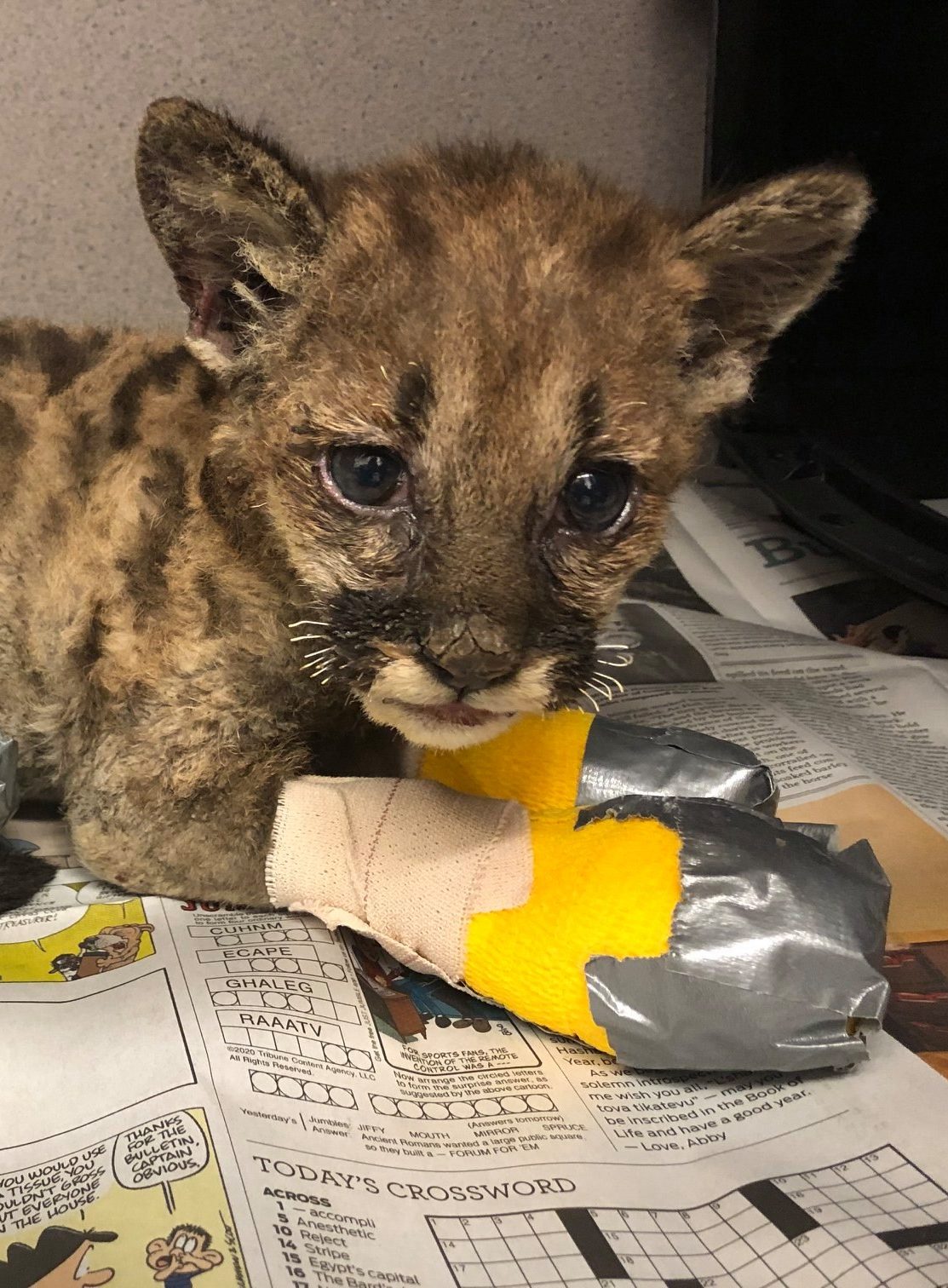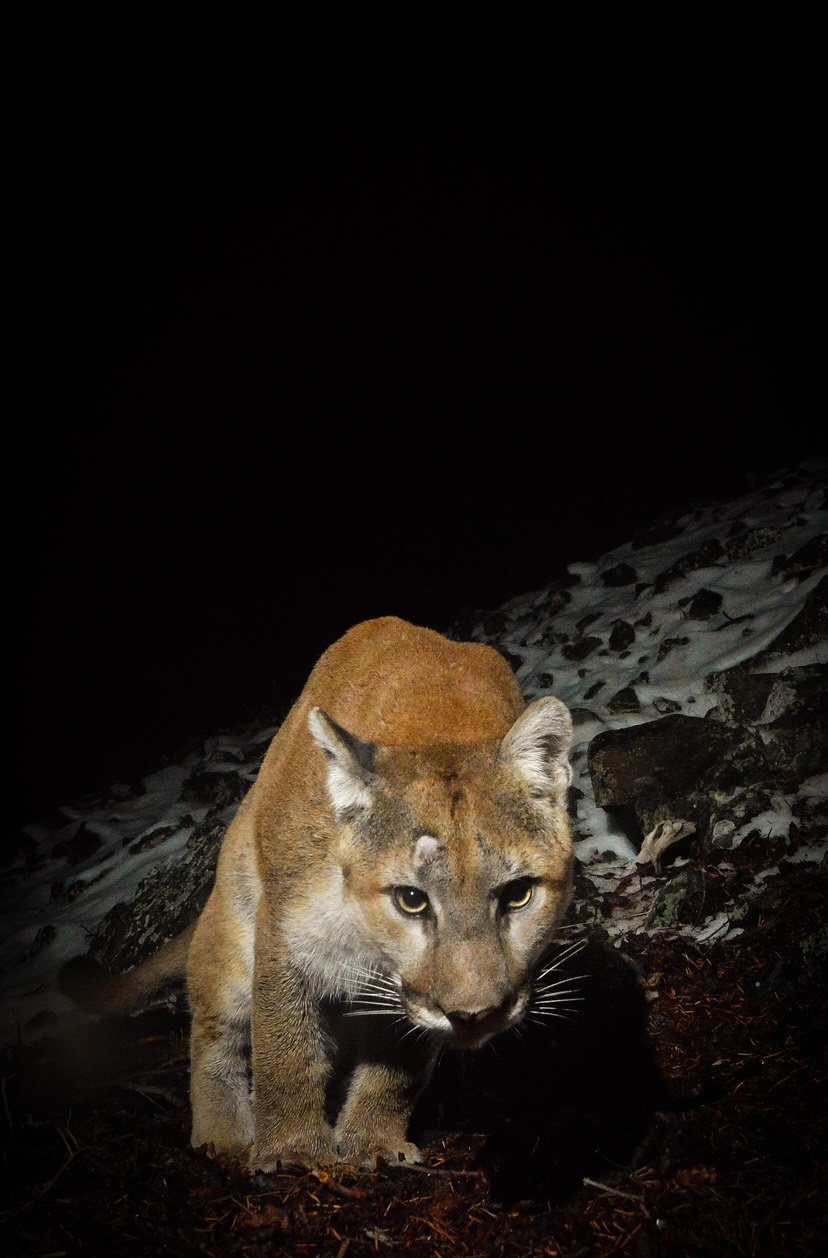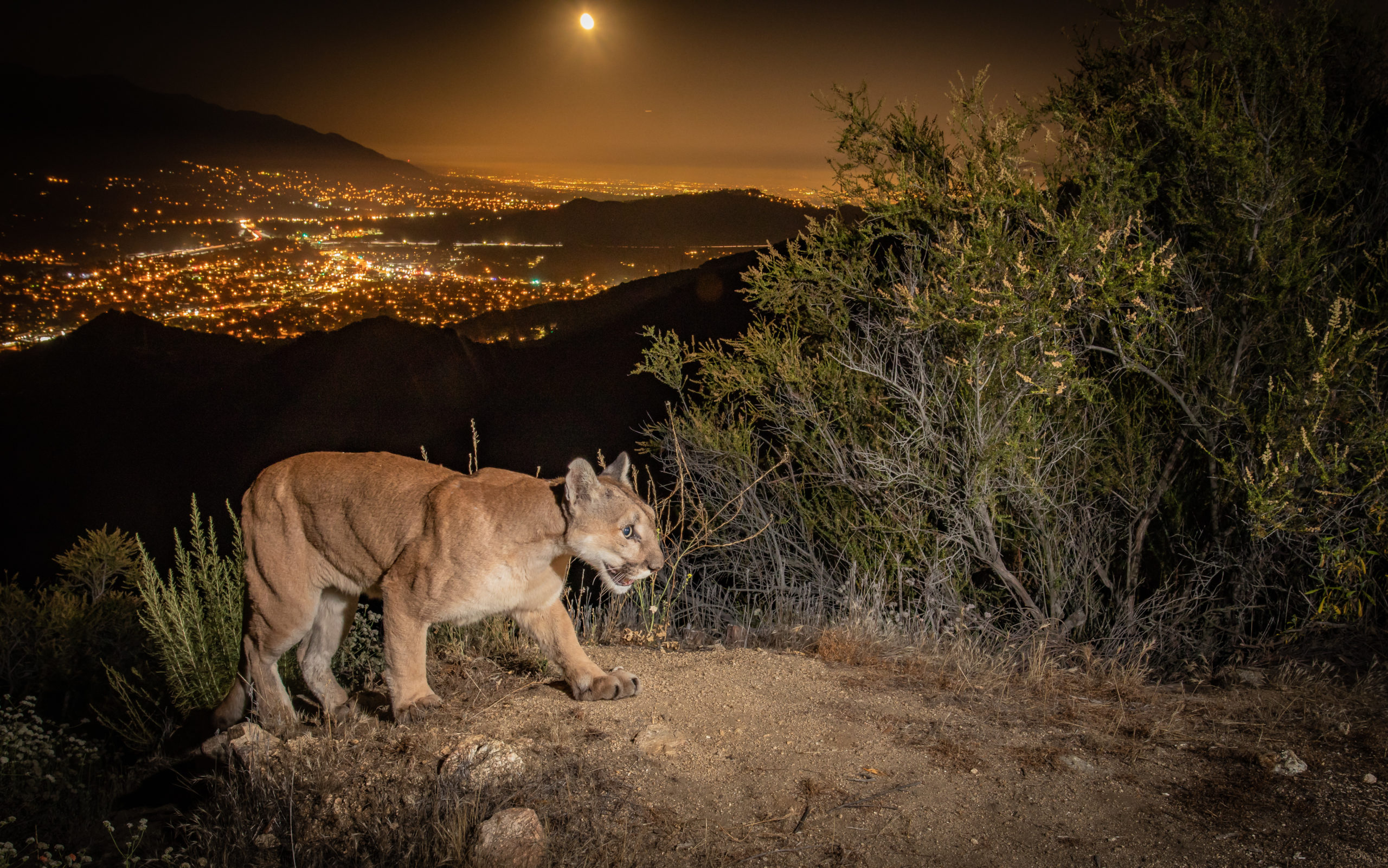Research:
Ross, S. R. J., Garcia Molinos, J., Okuda, A., Johnstone, J., Atsumi, K., Futamura, R., & Donohue, I. (2022). Predators mitigate the destabilising effects of heatwaves on multitrophic stream communities. Global Change Biology.
Stoner, D. C., Sexton, J. O., Choate, D. M., Nagol, J., Bernales, H. H., Sims, S. A., & Edwards Jr, T. C. (2018). Climatically driven changes in primary production propagate through trophic levels. Global Change Biology, 24(10), 4453-4463.
Stoner, D. C., Ditmer, M. A., Mitchell, D. L., Young, J. K., & Wolfe, M. L. (2021). Conflict, coexistence, or both? Cougar habitat selection, prey composition, and mortality in a multiple-use landscape. California Fish and Wildlife, 107(3):147-172; 2021
Zanin, M., Palomares, F., & Albernaz, A. L. M. (2021). Effects of climate change on the distribution of felids: mapping biogeographic patterns and establishing conservation priorities. Biodiversity and Conservation, 30(5), 1375-1394.




